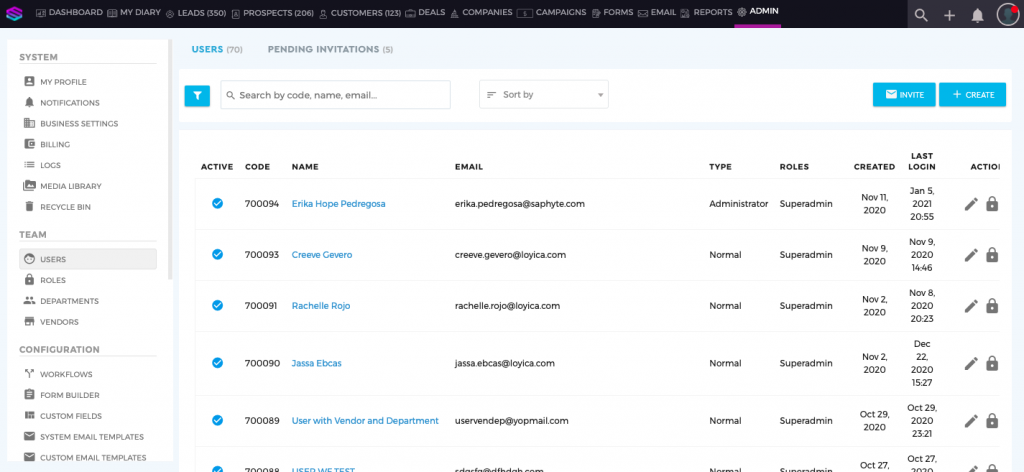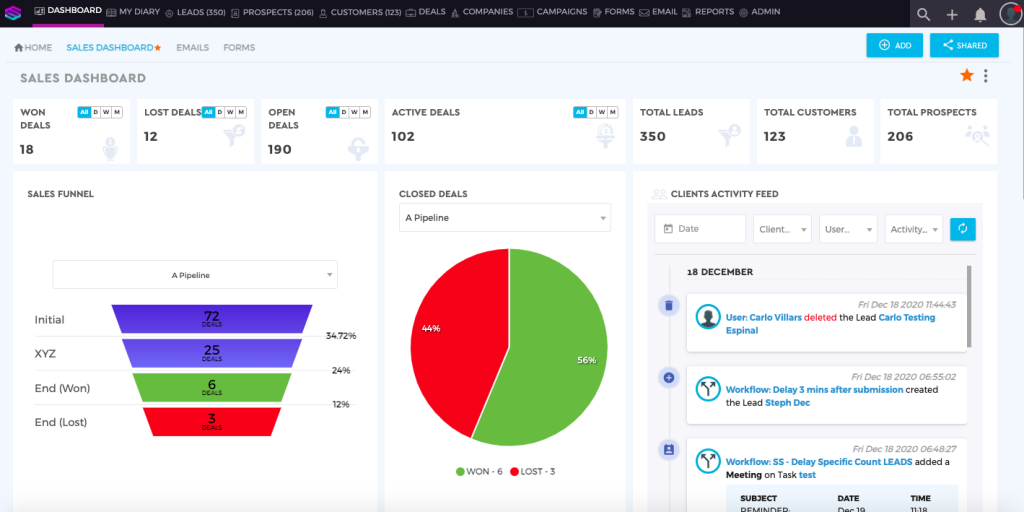Experts’ Take on the Benefits of Remote Working

Remote work has made a buzz all throughout 2020. The pandemic made the flexible work revolution gain traction throughout the world. And as social distancing is now the “new normal,” working at home, away from people, is becoming seriously considered as a permanent arrangement.
Remote working has apparently been observed to result in increased productivity, collaboration, and team management. Teams are now changing the ways on how they share information, stay connected, and achieve more.

What is Remote Work?
Remote work is a way of working outside of a traditional, centralized workplace, usually with the support of digital technology. The option to work remotely is very attractive to many workers. In America, there are 34% of American workers said they are willing to reduce their wages by 5% in order for said employees to work from home.
Why is it so Popular?
There’s no denying that remote work is changing the way how the global workspace operates, and it shows no sign of slowing down. More and more companies are now opening remote positions, either full-time or part-time, with a large proportion of the workforce looking for positions with flexible schedules.
But, why though? Simple, the idea to work anywhere you want or even at the comforts of your own home is enticing. Moreover, there are also plenty of benefits from working at home – aside from having more time with the family or your furry kids.
Here are some examples.
Benefits of Remote Work
There is much more to working from home and having more time for your family. The topic of remote work has grown a lot of attention — and has led to plenty of research. Several reports from private companies like OwlLabs and Buffer have observed more benefits of working with remote jobs.
However, privately-sourced data can also have biased results.
So, to ensure the credibility of this article, there are several collections of statistics sourced from the world’s leading research organizations for remote working and how it will affect work-life balance and work productivity like that of Harvard University, Gallup, Global Workplace Analytics, and Stanford University.
Here are the results of the benefits of remote working.
Employee Productivity. Remote teams are reported to be more productive than their office counterparts on an average of 35-40% and have an output increase of at least 4.4%.
They are also observed to focus more on their tasks and can get more work done. They no longer have to commute or spend lunch money which allows them to save money and time. Well, except if they spend money on food deliveries or spend more time binge-watching their favorite TV shows.
Better Employee Performance. With more independence, workers have shown results with 40% fewer quality defects. This is due to the fact that remote employees can now avoid loud co-workers and office politics.
As a result, they rely on self-discipline, self-motivation, focus, and concentration to get their jobs done. When all these things come together, a higher performance rate is guaranteed.
Straightforward Employee Engagement. Remote working can lead to higher productivity and performance, which when combined together, can create stronger employee engagement resulting in 41% lower absenteeism.
No matter what the work schedule is, engagement is not an issue. With the help of internal communications tools and some established guidelines, employees can engage in important matters and be more productive at work.
Easier recruitment. Remote work allows you to find the cream of the crop easier. First of all, when you do remote work, you’re not only hiring locally but even globally. You have an enormous talent pool to choose from. This will come in handy, especially for those hard to fill roles.
Second, remote work easily attracts talents. In fact, according to a Global Workspace Survey, 78% of companies think that offering flexible working enables them to expand their talent pool.
Personalization. If employees work remotely and have their own office space, they can personalize it to reflect your personality. This leads them to be happier with their work and can be free from the prying eyes of their co-workers. Thus, making them more productive and more fulfilled with their output.
Better Employee Retention. According to reports, 54% of employees say they would change jobs for one that offered them more flexibility. This in turn results in an average of 12% turnover reduction if a remote work agreement is offered to an employee.
Lesser employee turnover means improved morale, reduced costs, reduced acquisition and training time, and increased overall productivity.
Secondly, flexible work builds loyalty. When employees feel “trusted” in their job, this builds respect. Thus, leaving your employees happy and saving you from future talent acquisition costs.
Organization Profitability. Organizations reported to have saved an average of $11,000 per year per part-time telecommuter. This is equivalent to 21% higher profitability. Due to fewer office space costs like floor space and operational costs, you can save more money for more important matters.

Remote work is here to stay, might as well join the parade
As mentioned, COVID-19 only accelerated the rise of remote work and it’ll be here to stay. So might as well, adjust to it. Whilst remote work is not a new concept, moving forward, the degree of remote work will change how employees will work to get their job done.
Even when the pandemic ends, employees will still continue to work from home. Working from home helps employers and employees alike to avoid work interruptions due to weather, child care issues, commute problems, and more.
Remote work is no longer an option, rather it is a necessity, and necessity is the mother of invention. The rapid development of collaborative technology in the market makes remote work viable for companies and their employees.
Conclusion
As more companies transition to flexible work, you are more likely to see how work-life balance can reshape cities for the future. Now is the perfect time to consider and prepare your business for the remote work future.
Get expert help when transitioning to remote work. Contact us here at Saphyte.